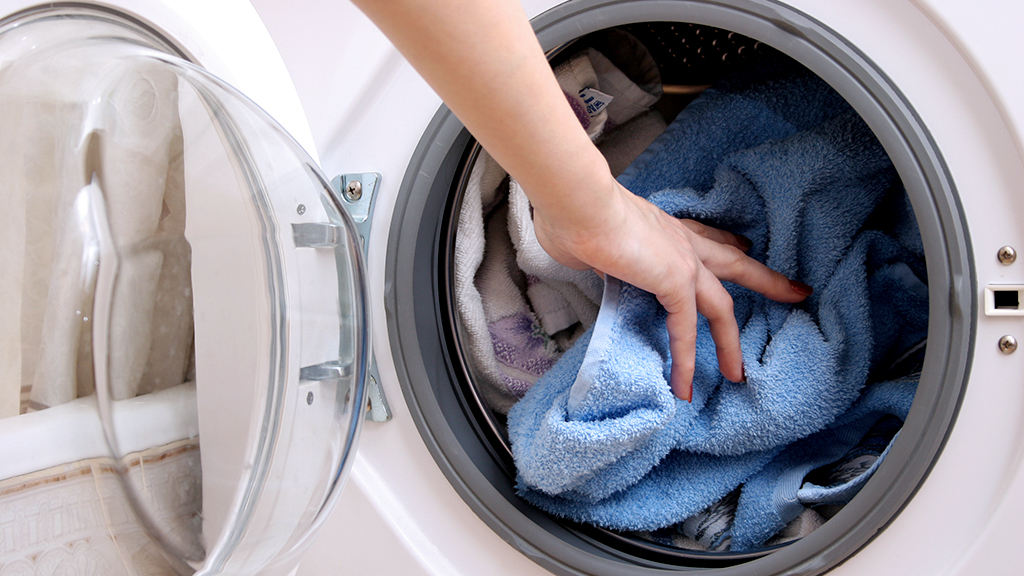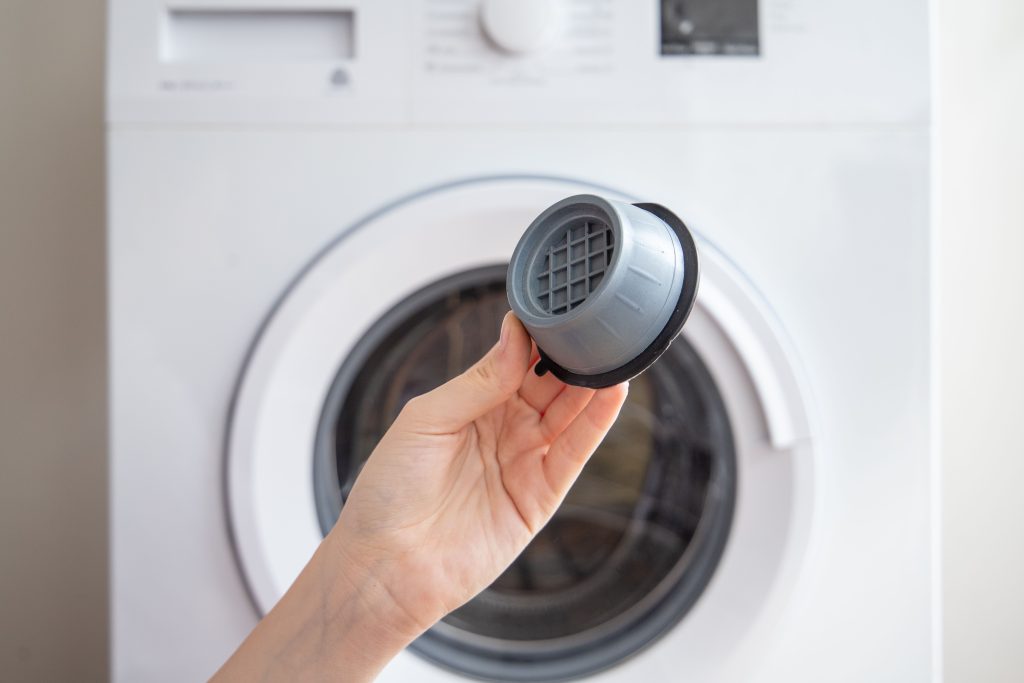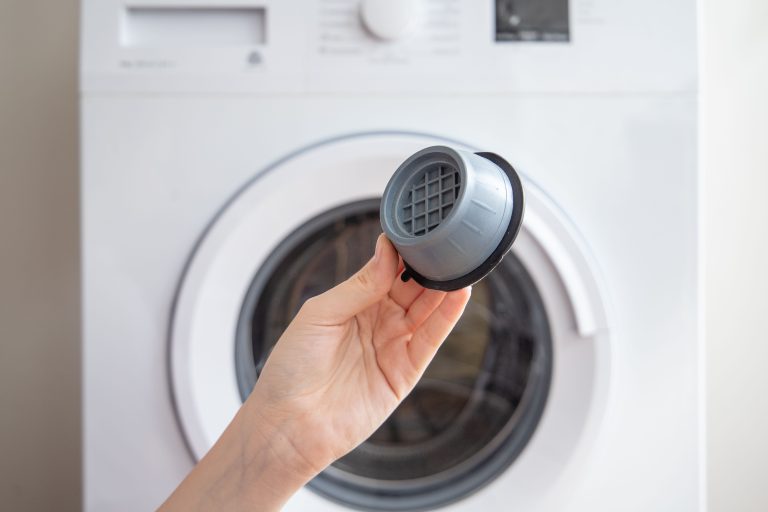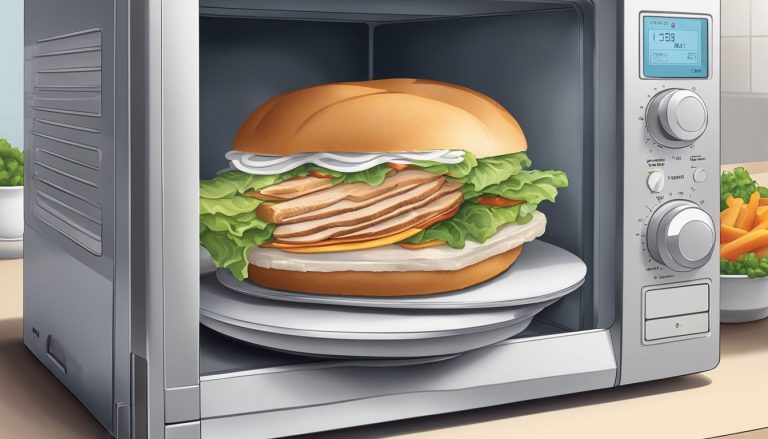Your washing machine may make noise when off due to an unbalanced load or a malfunctioning part. This can be fixed by redistributing the load or seeking professional assistance.
It can be concerning and puzzling when your washing machine starts making noise even when it is turned off. You might be wondering what could be causing this issue and if it requires immediate attention. Several factors can contribute to a washing machine making noise when it is not in use.
Identifying the root cause is essential to determine whether it is a simple fix or if you need to consult a professional. We will explore common reasons why washing machines produce noise when turned off and provide possible solutions to resolve this problem. By understanding these causes, you can ensure a quieter and more efficient laundry experience.
Common Causes Of Noisy Washing Machine
A noisy washing machine when off can be caused by several common factors, such as a faulty motor, worn-out bearings, or loose parts. Identifying and addressing these issues promptly can help restore the machine’s quiet operation.
Loose Or Worn Out Belts
If your washing machine makes noise even when it’s off, one possible cause could be loose or worn out belts. Over time, the belts that drive your machine’s motor and drum can become loose or develop signs of wear and tear. When this happens, the belts may start slipping or rubbing against other components, resulting in unwanted noise. To diagnose this issue, try manually turning the drum by hand to see if you can feel any resistance or unusual movement.
Faulty Motor
Another common cause of a noisy washing machine, even when it’s not in use, is a faulty motor. The motor is responsible for spinning the drum and agitating the clothes during a wash cycle. If the motor’s bearings are worn out or the motor itself is malfunctioning, it can produce unusual sounds even when the machine is turned off. To determine if the motor is the culprit, listen for any grinding or humming noises coming from the machine or inspect the motor visually for any visible signs of damage.
Issue With Bearings
Lastly, a malfunctioning washing machine bearing can also be the cause of the noise, even when the machine is not in use. Bearings are crucial components that support and allow the drum to rotate smoothly. Over time, these bearings can wear out or become damaged, resulting in a noisy machine. To check if the bearings are to blame, try spinning the drum by hand; if you notice any grinding or resistance, it’s likely that the bearings need to be replaced.
In conclusion, common causes of a noisy washing machine, even when it’s turned off, include loose or worn out belts, a faulty motor, and issues with the bearings. To address these problems, it’s recommended to consult a professional technician who can diagnose and fix the issue accurately.

Credit: m.youtube.com
Specific Noises And Possible Explanations
Specific noises coming from your washing machine when it’s turned off can be worrying and disruptive. Understanding the potential reasons behind these specific noises can help you address the issue promptly and ensure your machine operates smoothly.
Loud Banging Sound
If your washing machine is producing a loud banging sound when it’s off, it could be due to unbalanced loads. Overloading the machine or having items gathered on one side can lead to this noise. Check if the machine is level and try redistributing the load to alleviate the banging noise.
High-pitched Whining
A high-pitched whining noise when the washing machine is off may be caused by a faulty water inlet valve or a defective water pump. Perform a visual inspection and, if necessary, seek professional assistance to replace the malfunctioning components.
Grinding Noise
When your washing machine emits a grinding noise even when it’s not in use, it may imply a problem with the motor or the transmission. These issues often arise due to wear and tear over time. Contact a technician to diagnose and rectify the problem, ensuring a quieter laundry area.
Important Precautions
When dealing with a washing machine making noise when off, it’s crucial to take the necessary precautions to ensure your safety and the proper functioning of the appliance.
Safety First
Always prioritize safety when addressing any issues related to your washing machine. This includes taking measures to avoid electric shocks and other potential hazards. It’s essential to handle the machine with caution and follow safety guidelines to prevent accidents.
Unplugging The Machine
Before attempting any troubleshooting or repairs, unplug the washing machine from the power source to eliminate the risk of electrical accidents. Ensure the machine is completely powered down before performing any checks or adjustments to its components.

Credit: www.asurion.com
Tools Required For Troubleshooting
To troubleshoot a noisy washing machine when not in use, essential tools include a screwdriver, pliers, and a flashlight. Start by checking the motor or drum bearings for issues that could be causing the noise. Regular maintenance can prevent future problems.
If your washing machine is making noise even when it’s off, it can be quite perplexing. However, before calling a technician, you can try troubleshooting the issue yourself. The good news is that you don’t need a lot of fancy tools to diagnose the problem. Here are the basic tools you’ll need:
Flashlight
A flashlight is an essential tool when troubleshooting a noisy washing machine. It will help you get a better visual of the inner components and identify any loose or broken parts. The flashlight’s beam will enable you to see deep into the machine, even in darker areas, making it easier to spot the source of the noise.
Screwdriver
Another indispensable tool is a screwdriver, preferably one with interchangeable heads. A screwdriver will allow you to remove screws or access panels to reach the various components within the washing machine. With it, you can tighten loose screws or easily remove parts for repair or replacement.
Replacement Parts
If you’ve identified a specific component causing the noise, you might need replacement parts to fix the issue. These parts can vary depending on the make and model of your washing machine. It’s wise to consult the user manual or contact the manufacturer to determine the exact replacement parts you need. Having them on hand will save you time and ensure a smoother repair process.
Step-by-step Troubleshooting Guide
If your washing machine is making noise when off, follow this step-by-step troubleshooting guide. Check for loose parts, unbalanced load, or worn-out components to identify the source of the issue. Regular maintenance can prevent disruptions and ensure smooth operation.
Check For Obstructions
Locate any items that could be causing the noise, such as coins or small objects. Remove them to ensure smooth operation.
Inspect The Motor
Check for any signs of wear or damage on the motor. Ensure it is properly secured and not causing the noise.
Examine The Belts
Inspect the belts for any fraying or looseness. Tighten if needed to reduce unnecessary noise during operation.
When To Call A Professional
If your washing machine is making noise even when it’s off, it may be time to call a professional. Unusual sounds could indicate a mechanical problem that a trained technician can diagnose and fix. Ensure your machine operates smoothly with expert help.
Persistent Issues
If your washing machine continues to make noise even when it is turned off, it may indicate underlying problems that require professional attention.
Persistent issues such as unexplained sounds or vibrations after the machine has been unplugged can be signs of internal issues.
Unfamiliar Repairs
Attempting to fix unfamiliar repairs on your own can potentially cause more damage to your washing machine.
Unusual noises when the machine is off could point to complicated mechanical faults that require expert diagnosis.
Maintenance Tips To Prevent Future Noises
If you’ve noticed your washing machine making odd noises when it’s not running, there are simple maintenance tips you can follow to prevent future disturbances. Regular cleaning and proper leveling can make a significant difference in ensuring your washing machine operates quietly. By taking care of your appliance, you can avoid potential breakdowns and costly repairs.
Regular Cleaning
Regular cleaning of your washing machine is crucial to prevent unwanted noises. Dirt and grime can accumulate inside the machine, leading to unpleasant noises during operation. To clean the machine, use a solution of warm water and mild detergent to wipe down the interior and exterior surfaces. Additionally, run a cleaning cycle with vinegar or a washing machine cleaner to remove mold and residue.
Proper Leveling
Proper leveling ensures that your washing machine stays balanced and stable during operation, minimizing the risk of noisy vibrations. Use a leveling tool to check if the machine is sitting evenly on the floor. If the machine is not level, adjust the feet accordingly until it is balanced. This simple step can make a significant difference in reducing noise and preventing future malfunctions.
:max_bytes(150000):strip_icc()/Troubleshooting-whirlpool-cabrio-washer-problems-repairs-2147317_final-cd6987d37f5f4ef883aacfb43622194d.png)
Credit: www.thespruce.com
Frequently Asked Questions On Why Is My Washing Machine Making Noise When Off
Why Is My Washing Machine Making Noise When Off After?
Your washing machine may make noise when off due to worn motor bearings or a faulty water inlet valve. It can also be caused by loose parts or debris. To troubleshoot, check for any obstructions or wear and tear. If the issue persists, consult a professional for repair.
Why Is My Washing Machine Making Noise But Not On?
A malfunctioning motor or faulty components can cause a washing machine to make noise when not in use. It is important to inspect and repair these issues promptly to prevent further damage. Regular maintenance and professional diagnosis can help resolve the problem efficiently.
Why Is My Washing Machine Buzzing When Not In Use?
A washing machine buzzing when not in use can indicate a problem with the electrical components. Check for loose connections or faulty wiring. It’s best to call a professional technician to diagnose and fix the issue.
Why Does My Washing Machine Make Noise When Turning?
A noisy washing machine when turning can be due to worn-out parts like belts or bearings. Regular maintenance can prevent this issue.
Conclusion
If your washing machine is making noise even when it’s off, it could be due to various reasons such as loose parts, residual water, or a faulty motor. It is important to address the issue promptly to avoid further damage and inconvenience.
Contacting a professional technician is recommended to diagnose and fix the problem effectively. Take care of your appliance and maintain its longevity for smooth laundry experiences in the future.







